As a first responder, your job is both physically and mentally demanding. The high-pressure environment can take a toll on your health, making it crucial to be aware of the benefits and protections available to you. One such protection is the Heart and Lung Bill, which could provide you with the support you need if you suffer from specific ailments. This article aims to educate first responders about the Heart and Lung Bill, helping you determine if you are eligible for workers' compensation under this legislation.
What is the Heart and Lung Bill?
The Heart and Lung Bill is a specialized workers' compensation law designed to provide additional benefits to certain public safety employees, including first responders, who develop heart or lung conditions as a result of the nature of their work. This bill acknowledges the increased risk that first responders face in their line of duty, providing enhanced compensation and medical benefits.
Who is Covered Under the Heart and Lung Bill?
The Heart and Lung Bill typically covers the following public safety employees:
- Police Officers
- Firefighters
- Correctional Officers
Qualifying Conditions
The Heart and Lung Bill specifically addresses conditions related to the heart and lungs. Common ailments that may qualify include:
- Hypertension (High Blood Pressure)
- Heart Disease
- Heart Attack
- Coronary Artery Disease
- Pulmonary Fibrosis
Important Health Facts for First Responders
Did You Know?
- High Blood Pressure is a "Silent Killer": Many people are unaware they have it. Untreated, high blood pressure increases the risk of heart attack, stroke, and other serious health problems, including erectile dysfunction (E.D.)
- Prevalence in First Responders: Approximately three-quarters of emergency responders have prehypertension or hypertension
- Rights and Legal Support: A first responder who is suffering from PTSD, high blood pressure, heart disease, or TB should discuss their rights with an attorney who specializes in the Heart and Lung Bill as soon as possible
Eligibility Requirements
To be eligible for benefits under the Heart and Lung Bill, you must meet certain criteria:
- Employment Status: You must be an active-duty first responder or public safety employee as defined by the bill.
- Work-Related Stressors: You must demonstrate that your condition was caused or exacerbated by the physical or emotional stressors associated with your job.
- Disability: You must have a limitation to perform your full duties (i.e., missed work, hospitalized, temporary limitations to daily performance).
Benefits of the Heart and Lung Bill
If you qualify for the Heart and Lung Bill, you can expect the following benefits:
- Salary Continuation: Unlike typical workers’ compensation, which may only provide partial wage replacement, the Heart and Lung Bill often ensures salary continuation during your recovery period.
- Medical Expenses: Coverage for all reasonable and necessary medical treatments related to your heart or lung condition.
How to Apply
Applying for benefits under the Heart and Lung Bill involves several steps:
- Diagnosis of a Covered Condition: Seek a thorough medical evaluation to confirm your condition and its work-related nature.
- Filing a Claim: Submit your claim to your employer as you would any injury under workers’ compensation. Deadlines are specific to your claim.
- Legal Assistance: Consider consulting with a workers' compensation attorney specializing in Heart and Lung Bill claims to help navigate the process and protect your rights.
How Injured Response Pharmacy Can Help
Navigating the Heart and Lung Bill can be complex, but you don't have to do it alone. Injured Response Pharmacy is here to support first responders in managing their health and securing the benefits they deserve. Our team offers assistance with:
- Understanding your eligibility
- Filing and managing your claim
- Coordinating medical care and prescriptions
Want to know if you qualify for the benefits provided by the Heart and Lung Bill? Contact us today to learn more about your eligibility and how we can help you navigate the workers' compensation process.

